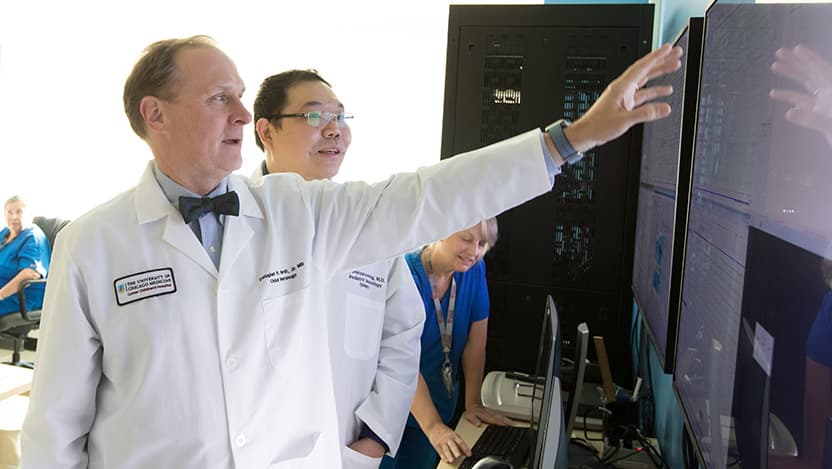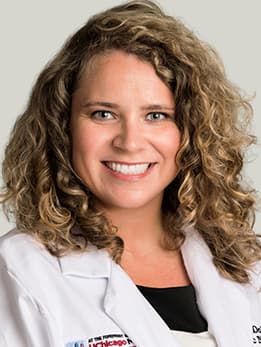What are the causes and treatments for childhood epilepsy?

Epilepsy can be a life changing diagnosis for anyone, especially a child. About 470,000 children in the U.S. had active epilepsy in 2015, according to the U.S. Centers for Disease Control and Prevention. However, with proper care and treatment, childhood epilepsy can be controlled or it may even be cured.
What is pediatric epilepsy?
Pediatric epilepsy is when a child has two or more seizures. A seizure is a sudden electrical surge in the brain that causes a change in behavior, movements or feelings. When a seizure is not caused by fever, infection or trauma and occurs seemingly out of the blue repeatedly, we may diagnose the child with epilepsy. At any given time about 1% of children may be suffering from epilepsy.
What is the cause of pediatric epilepsy?
The causes fall into two main categories, acquired and inherited. Acquired pediatric epilepsy happens to children who started out with a normal brain, but then suffered a brain infection, stroke or some sort of traumatic injury. Genetic or inherited epilepsy refers to a family history of seizures, although not all genetic epilepsies will necessarily stem from a positive family history.
What should a caregiver do if their child suffers a seizure?
It’s extremely stressful, but they should try to stay calm. Next, it’s important not to do too much. Most seizures last no more than two minutes. Parents should avoid putting anything in the child’s mouth; the child will not swallow their tongue. They should also avoid physically restraining the child because this could cause joint damage if the child is moving. If possible, caregivers should record the seizure on video because the video will give doctors the best data to analyze the event to formulate the best treatment plan.
What are the treatments for pediatric epilepsy?
Together with the caregivers, our multidisciplinary team will work to develop an individualized treatment plan to control seizures with as few side effects as possible. Medication is the most common treatment but we may also recommend a medical diet, like a ketogenic diet. If medication and diet are not effective, we may explore surgical treatments like responsive neurostimulation.
At UChicago Medicine, one of our latest treatment initiatives is our New Onset Seizure Clinic. Our goal is for every child who has a seizure that is not caused by an infection or trauma to the brain, to quickly see a professional team that has expertise in epilepsy. We call it a “reverse referral.” When patients come to our Pediatric Epilepsy Center, patients will get an EEG and, many times, a definitive diagnosis. Depending on the diagnosis, we may direct them back to their primary doctor for continuing care.
What’s new in pediatric epilepsy research?
As leaders in pediatric neuroscience research, our experts are aggressively exploring new strategies to optimize and individualize care. One of the biggest areas of research is in genetics. In the past, we had a very limited knowledge of the genetics that were underlying epilepsy, but now we know hundreds of genetic causes. Genetics is also exciting because it holds the promise of precision medicine where we can figure out the problem causing the seizure and target it.

Emily Doll, MD
Emily Doll, MD, is a highly skilled pediatric neurologist who specializes in childhood epilepsy. Dr. Doll also diagnoses and treats children with autism spectrum disorder (ASD).
See Dr. Doll's profile
Our Level 4 Pediatric Epilepsy Center
At Comer Children's Hospital, we offer the skill, experience and technology to definitively diagnose childhood epilepsy. Our team of experts provides the highest level of medical and surgical care for complex epilepsy in children of all ages.
Childhood Epilepsy & Seizures